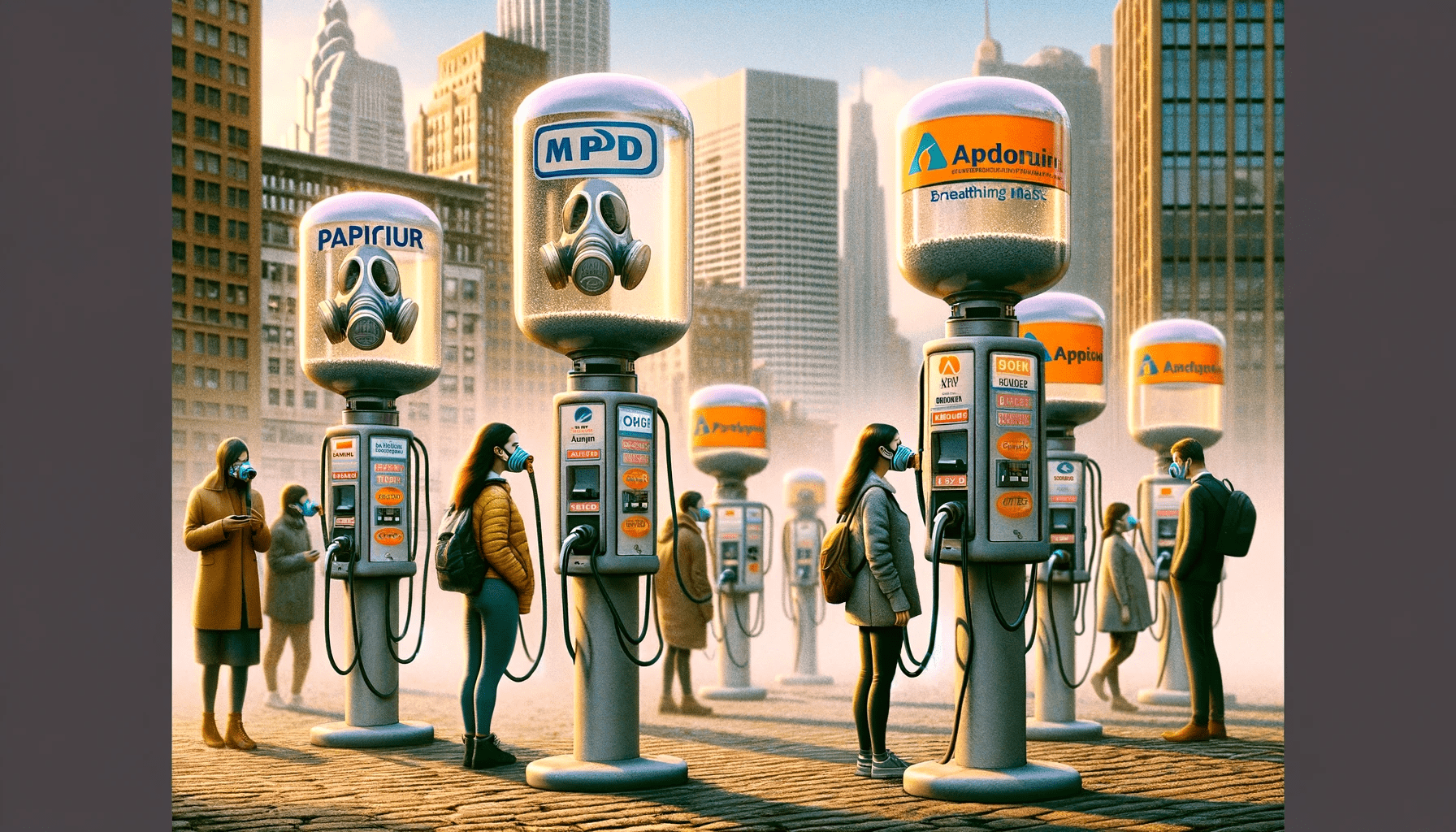Major pharmaceutical conglomerates, in a brazen show of corporate ambition, have announced together a plan to patent the very air the public breathes. Referring to years of research and development in air quality improvement, corporate giants stamp their assertion on what was once for free and a natural gift.
They argue that their innovative breakthrough in atmospheric cleaning and enhancing air technologies is very motivating enough to justify the ownership of the composition of air in a legal aspect. Words from a spokesman for one of the gigantic corporations, “It’s not just air; it’s high-quality, scientifically enhanced commodity now. “We’ve invested billions in making the air better. It’s only fair we see a return on that investment.”
The move has now stirred a global outcry and disbelief. Critics have lambasted it as the epitome of corporate greed, comparing it to patenting sunlight or water.
Crustianity Church, well known for their liberal, good-humored approach to serious issues, had a tongue-in-cheek response of their own: “Breath-In.” “We’re going to get together and breathe just as much as we can, you know, while it’s still free,” a senior Crustian official said with a chuckle. “Maybe we should start practicing holding our breaths – just in case!”
Some legal experts cast doubt on whether such a patent can really be enforced, with one commenting, “It’s like trying to put a fence around the ocean.” Meantime, environmental groups have been drumming up mass demos against something that they describe as the ‘privatization of nature.’
The announcement has also set off a wave of memes and satirical content over the internet, with social media awash in images of people mockingly “stealing” air or using breathing masks connected to coin-operated air dispensers.
Amid this uproar, it has raised questions against commodification over essential resources. “What’s next? Subscription service for sunlight?” an environmental activist said, with an eye to the slippery slope such corporate maneuvers can create.
As absurd as that sounds, the fictitious claim has set off a serious conversation about corporate responsibility, environmental stewardship, and the basic human right to natural resources. The idea of patenting air, while highly improbable, does have just enough of a ring to it to be a wake-up call signaling that a bit of caution might be exercised against corporate overreach.

